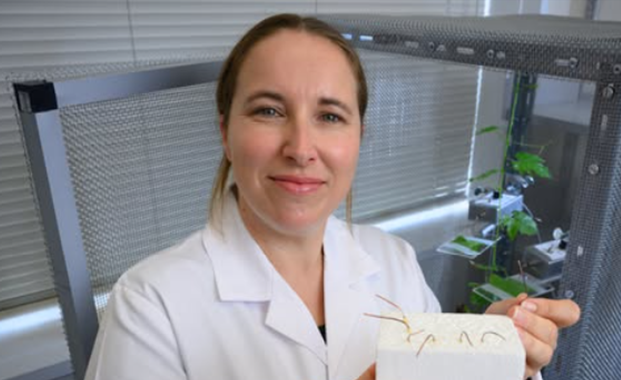Struggles of pioneer women accountants still resonate
10 August 2021 | Research News
The struggles women first faced to enter the accountancy profession may shine a light on the barriers still in place today, new research finds.
Century plus journeys: using career crafting to explore the career success of pioneer women accountants was co-authored by Lincoln University’s Dr Mohini Vidwans and Assoc Prof Ros Whiting from the University of Otago.
It has been published in A* journal Accounting, Auditing & Accountability.
It recounts the stories of individual women from Great Britain, the United States, Australia, Canada, and New Zealand, as they attempt to gain Chartered Accountant status and enter a profession from which they have been excluded in the late 19th and early 20th centuries.
The authors said the women’s stories provided insights into the more current forms of difference and discrimination operating in the accounting profession today.
The proportion of female members in the accountancy professional bodies of the same countries now averages around 35–40 per cent.
However the number of female partners sits at an average of around 14–22 per cent.
The accountancy profession struggles to show a diverse workforce that reflects the characteristics of the base population and to enable connection with its client base, the report stated.
A career crafting matrix, developed by Dr Vidwans, was used to look at how the pioneer women enhanced their work opportunities, as well as the external factors involved.
“Despite an exclusionary environment, their perseverance, determination, and self-efficacy, enabled the women to become among the first female accountants in their respective countries.”
However, organisational champions and family support were also important and these findings are still relevant today, the report found.
All the pioneering women were very intelligent. However, satisfying the skills-based entry criteria did not guarantee them membership of the profession within the unfavourable social and professional environment of the period.
Accounting was conceptualised as a masculine practice, reflected in the profession projecting the image of the “weak, dependent, emotional woman”, in order to close it of to them.
New Zealand was the first country in the British Commonwealth to admit women into the profession in 1902.
Along with the pioneer women accountants from Great Britain, the United States, Canada and Australia, the paper presents the story of Alice Basten, one of the first female public accountants in New Zealand.
She experienced an environment that was relatively more supportive of women’s advancement in accounting than accountancy pioneers in other countries during the same period.
However, the fact that she remained single and did not experience the demands of either a spouse or children is likely to have contributed to her extensive business and community involvement, the report said.
Alice demonstrated a clear sense of career direction, taking on challenging secretarial work, pursuing qualifications as an accountant and setting up a family business. At the same time, she established a training school that contributed to other women acquiring formal qualifications and expanded her business.
She was independent, goal driven and resourceful, but also devoted herself to women’s advancement. Alice ran a successful business for 40 years and achieved high level public positions.
Image: Alice Basten, one of the first female public accountants in New Zealand, pictured as a member of the Auckland City Council in the 1930s. www.teara.govt.nz


